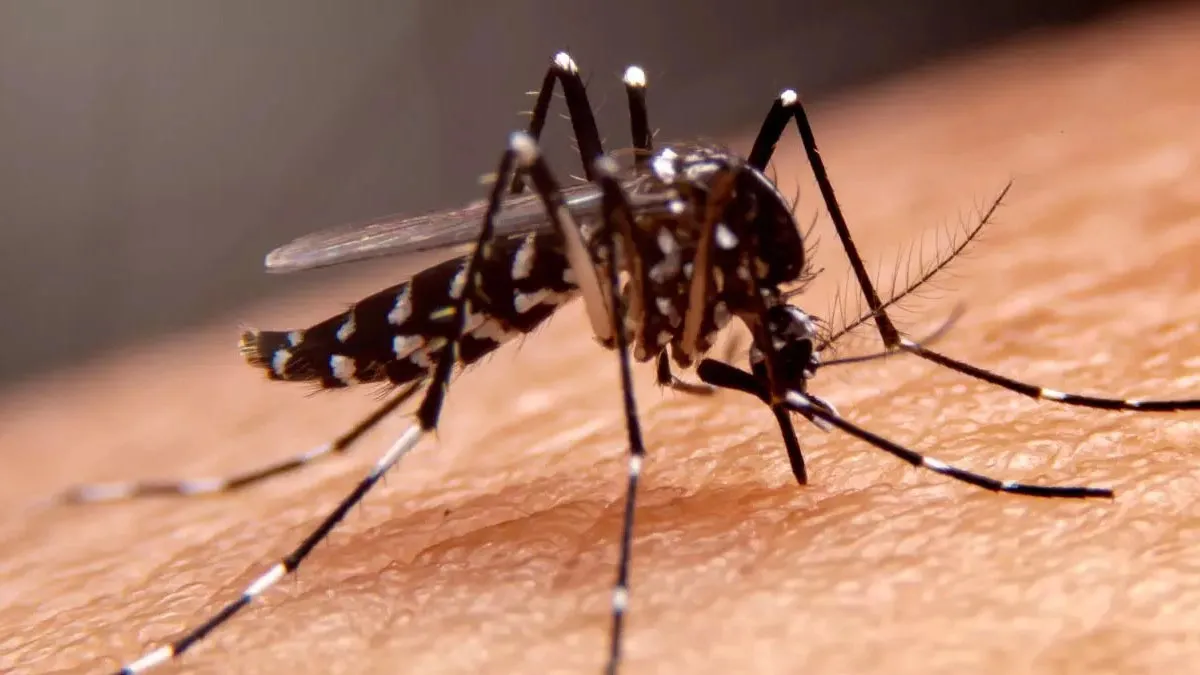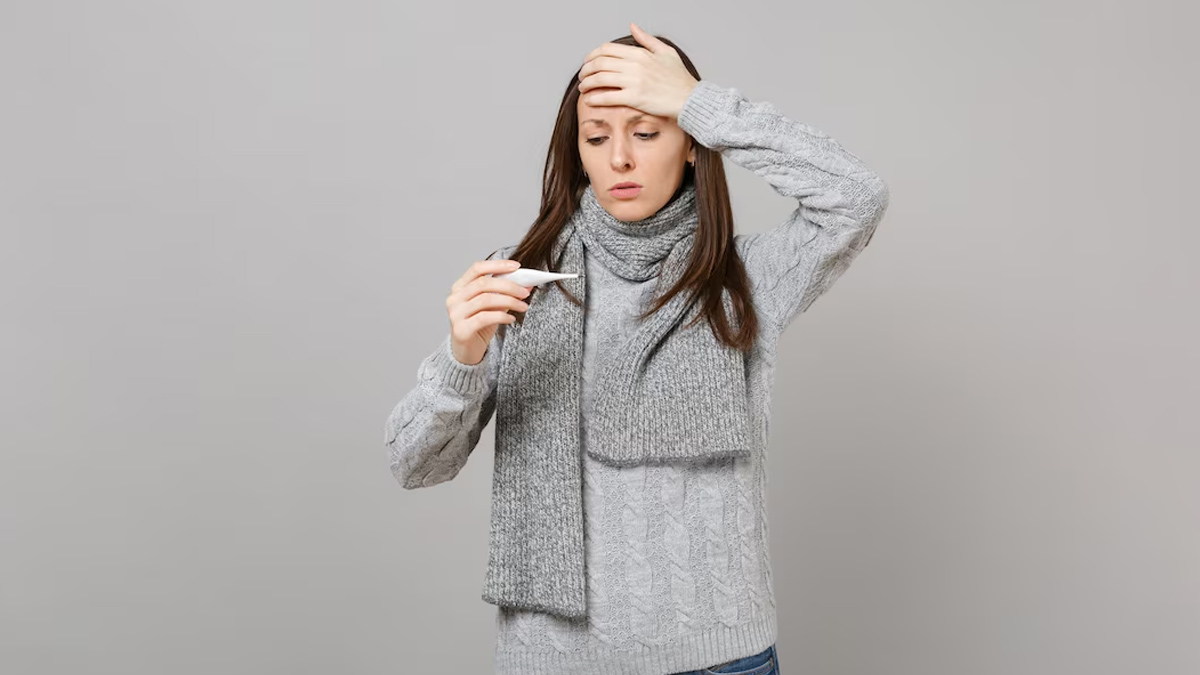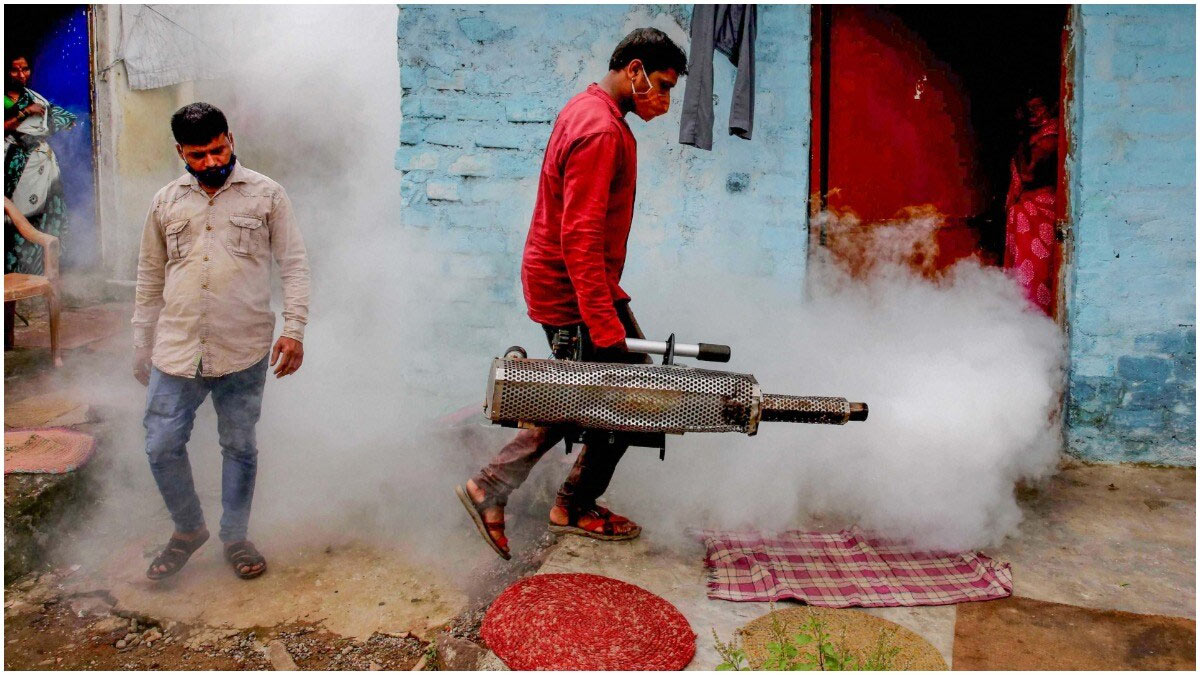
Mosquitoes are annoying, right? But some can carry serious illnesses like malaria and dengue. Both diseases cause fever and make you feel really sick, but they are different. Knowing how they differ can help you protect yourself and get the right treatment. Let's break it down in simple terms.
Table of Content:-
Different Mosquitoes, Different Problems
In an exclusive interaction with the editorial team of Onlymyhealth, our expert, Dr Devendra Kumar Singh, Senior Consultant and HOD, Respiratory Medicine, Sharda Care—Health City, Greater Noida, explained that different kinds of mosquitoes carry different germs. Here is the breakdown:
Malaria: This disease is spread by the bite of the female Anopheles mosquito. These mosquitoes usually bite between dusk and dawn (evening and early morning). The germ that causes malaria is a tiny parasite.
Dengue: This disease is spread by the bite of the Aedes mosquito, especially the Aedes aegypti type. These mosquitoes are more active during the daytime. Dengue is caused by a virus.

How To Protect Yourself?
Both malaria and dengue can cause high fever, headaches, and muscle and joint pain. However, Dr Kumar highlighted that some clues might help tell them apart. Malaria fever often comes with chills and sweating and can follow a pattern, while dengue fever is typically a high fever that lasts for several days. You might experience general body weakness and muscle pain with malaria, whereas dengue can cause severe muscle and joint pain, sometimes called "breakbone fever."
Headaches are common in both, but dengue often brings a severe headache, especially behind the eyes. Nausea and vomiting can occur in both illnesses. While a rash is less common with malaria, dengue can lead to a skin rash a few days after the fever starts.
On the other hand, bleeding is less frequent in typical malaria cases but can occur in dengue, ranging from mild nose or gum bleeds to more severe bleeding in dengue hemorrhagic fever. Sometimes, malaria can also cause diarrhoea, while dengue might lead to pain in the abdomen.
Important Note: These are just general differences. The symptoms can overlap, and only a doctor can give you a proper diagnosis with blood tests. If you feel sick with a fever, especially after being bitten by mosquitoes, see a doctor right away!
Also Read: World Malaria Day 2025: Theme, History and Its Significance

How To Protect Yourself
The best way to avoid malaria and dengue is to prevent mosquito bites in the first place. Here are some simple steps you can take:
1. Use Mosquito Repellents
Apply insect repellent on your skin and clothing. Look for products that contain DEET, picaridin, or oil of lemon eucalyptus (OLE).
2. Wear Protective Clothing
When you are outside, especially during peak biting times, wear long-sleeved shirts, long pants, socks, and shoes.
3. Sleep Under a Mosquito Net
If you are sleeping in an area where malaria or dengue is common, use a bed net, especially one that has been treated with insecticide.
4. Prevent Mosquito Breeding
Mosquitoes lay their eggs in stagnant water. Get rid of any standing water around your home, such as in flower pots, old tires, buckets, and bird baths. Change the water in pet dishes and bird baths regularly.
5. Install Window and Door Screens
Make sure your windows and doors have screens to keep mosquitoes out.
Bottomline
Malaria and dengue are both serious illnesses spread by mosquito bites, but they are caused by different germs and spread by different types of mosquitoes. Knowing the possible differences in symptoms and, more importantly, taking steps to prevent mosquito bites are key to protecting your health. Stay safe and keep those pesky bugs away!
Also watch this video
How we keep this article up to date:
We work with experts and keep a close eye on the latest in health and wellness. Whenever there is a new research or helpful information, we update our articles with accurate and useful advice.
Current Version